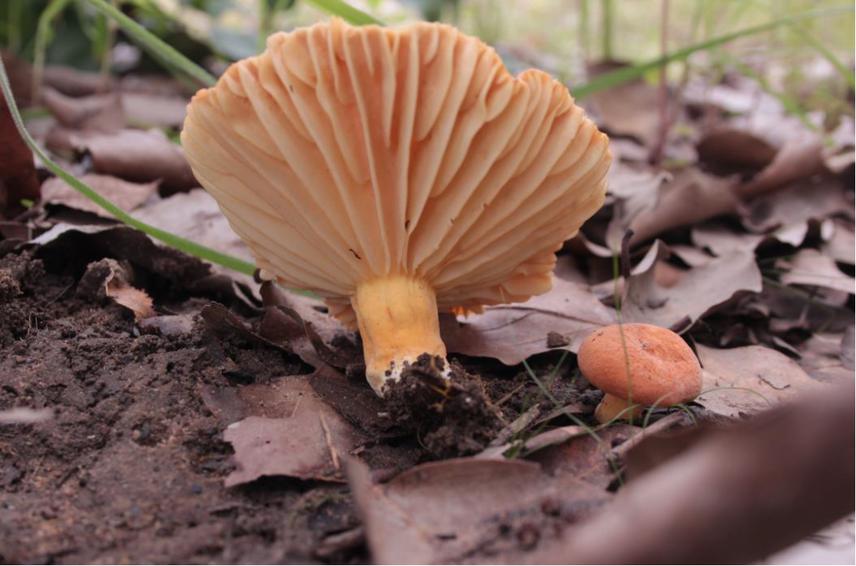Articles featuring the project.
Akotchayé Sylvestre Badou
Other projects
9 Nov 2018
Participatory-Based Conservation of Fungi Natural Habitats in the Wari-Maro Forest Reserve in Northern Benin
19 Nov 2019
Conservation of Natural Habitats through the Establishment of a Value Chain of Edible Mushrooms and Intensification of Reforestation in the Wari-Maro Forest
In West Africa, mycological studies have focused on the inventory of fungal species (e.g., De Kesel & Yorou 2002; Verbeken & Walleyn 2010) but are mainly based on the morphological differentiation of species. Although these efforts are valuable, there are still some unknown Wild Edible Fungi (WEF). So, sustainable conservation and management of WEFs require taxonomic, molecular, and biochemical identification of these unknown WEFs to ensure their efficient in situ conservation.
With this in mind, our project aims to perform taxonomic and molecular identification of WEFs, as well as a biochemical analysis of their tissues, eventually identifying new, cryptic, and unknown.

Lactifluus gymnocarpoides (Verbeken) Verbeken
WEFs collected during our two previous Rufford projects (26916-1 and 29840-2). These will allow dependent local populations to avoid identification confusion, especially for cryptic species, where the same local name is sometimes attributed to two different species.
In addition, our study aims to effectively contribute to the restoration of natural WEFs habitats by intensifying reforestation activities of specific WEFs partner trees such as Isoberlinia doka Craib & Stapf., Isoberlinia tomentosa (Harms) Craib & Stapf., Afzelia africana Smith ex Pers., Pterocarpus erinaceus Poir., Uapaca togoensis Pax. in the Wari-Maro region.
This project aims to: (a) identify some of the unknown WEFs belonging to the genera Lactarius (L. ex Fr.) S.F. Gray., Lactifluus (Pers.) Roussel., Russula Pers., Cantharellus Adans. ex Fr. and Psathyrella (Fr.) Quél. collected during our two previous projects and those which will be collected during the current project; (b) determine the biochemical compounds of WEFs to detect WEFs with high nutritional values to advise them in the diet of children and the elderly (they constitute the most fragile layers of the local population the most exposed to diseases linked to malnutrition in rural areas) and (c) reforest the Wari-Maro Forest with WEFs specific partner trees.
Header: Lactifluus flammans (Verbeken) Verbeken.